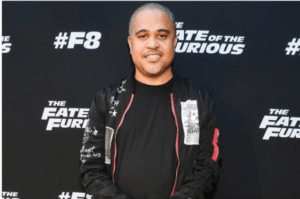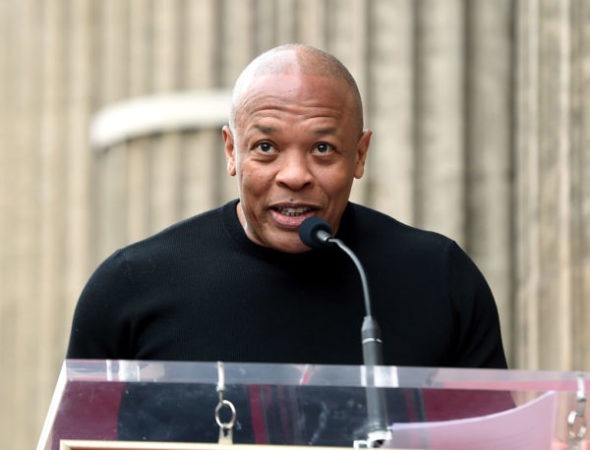Cathy Hughes is the founder of Radio One. She has been in business for over 35 years and is considered an industry icon. Here she shares her knowledge and lessons along the way that has made her one fo the most respected leaders in the broadcasting industry. She gives great tips to black entrepreneurs and people of color rising through the ranks.































